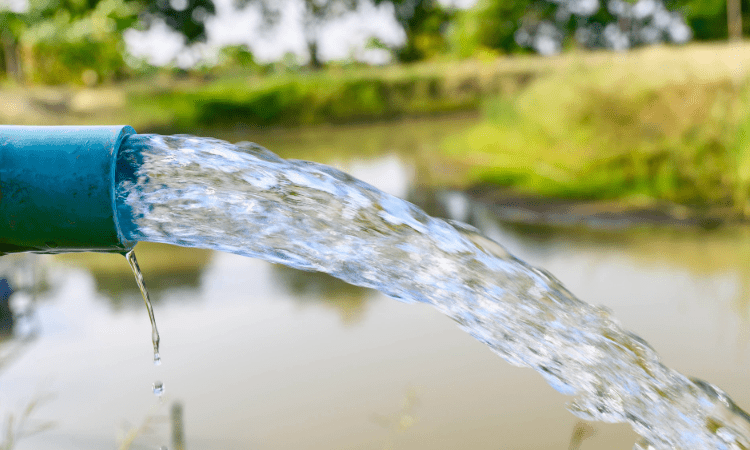
BLOG
KATEGORİDEKİ DİĞER YAZILAR

Water is the fundamental source of life and holds a special significance among our natural resources. However, factors such as industrialization, agricultural activities, and population growth contribute to water pollution. Water pollution can cause serious harm to both ecosystems and human health. For this reason, many countries have developed various legal regulations to prevent water pollution. What legal measures are being implemented in Turkey and around the world to prevent water pollution?
1. Environmental Law (1983)
The Environmental Law, which is the basic law on environmental protection in Turkey, also gives special attention to the protection of water resources. This law provides for serious penalties against activities that pollute the environment. It also paved the way for the issuance of special regulations to prevent waste from being discharged into water resources.
2. Water Pollution Control Regulation
The Water Pollution Control Regulation, which came into effect in 1991, establishes detailed rules for the protection of sources such as drinking water, surface water, and groundwater. The regulation sets permit conditions and limit values for domestic and industrial wastewater discharge.
3. Wastewater Treatment Plants Regulation
This regulation establishes the principles for the establishment, operation, and supervision of wastewater treatment plants. It imposes an obligation on industrial establishments in particular not to discharge untreated wastewater into the environment.
4. Drinking and Domestic Water Quality Regulation
This regulation sets standards for the quality of water used for human consumption. It aims to ensure water safety from both an individual and a public health perspective.
1. European Union Water Framework Directive
European Union (EU) countries have adopted the Water Framework Directive to ensure the sustainable use of water resources. This directive imposes serious responsibilities on member countries for the protection and improvement of water quality.
2. United Nations Water and Health Protocol
This protocol, prepared under the leadership of the United Nations, aims to protect water resources and prevent public health from being affected by water pollution.
Legal regulations are one of the most effective tools in the fight against water pollution. The functioning of control mechanisms, deterrent penalties, and public awareness play a critical role in the success of this process. In addition, directing industrial establishments toward environmentally friendly technologies and raising public awareness about water conservation also increase the effectiveness of legal regulations.
One of the most important steps in protecting water resources is conducting regular water analyses. Water analyses measure the physical, chemical, and biological quality of water, enabling the early detection of potential contamination. This ensures compliance with regulations and protects the environment and human health.
As Nanolab Laboratory, we offer water analysis services in many different areas, including:
With our expert team and modern laboratory infrastructure, we conduct all analysis processes in accordance with national and international standards. We are here to help you protect the quality of your water resources and comply with all legal requirements!